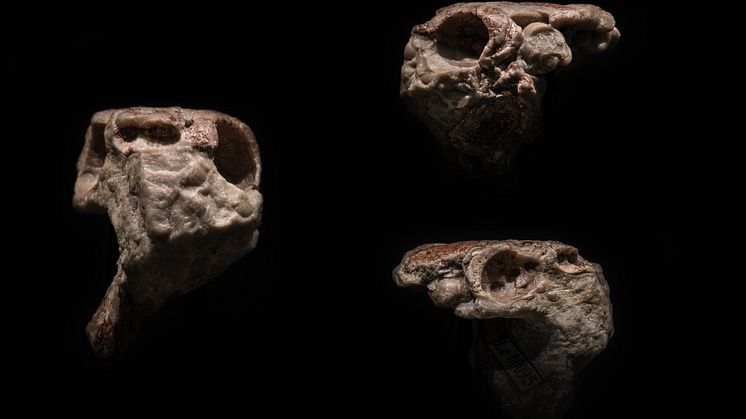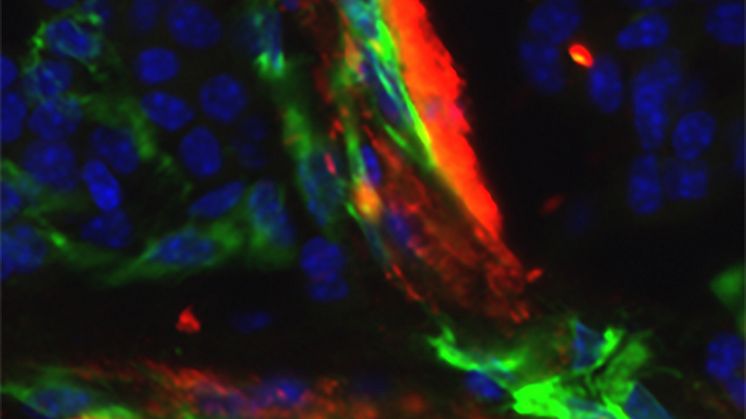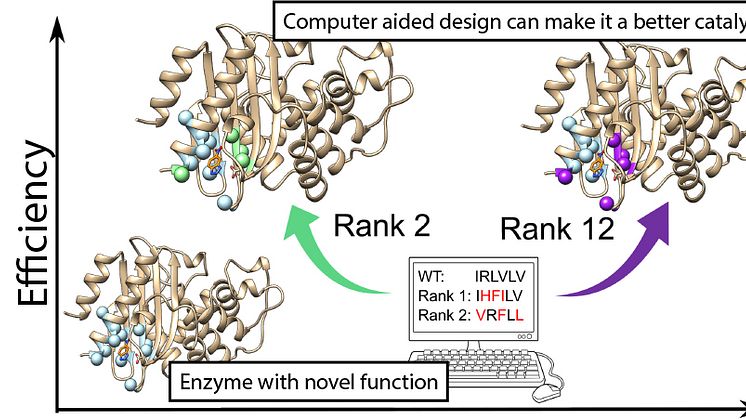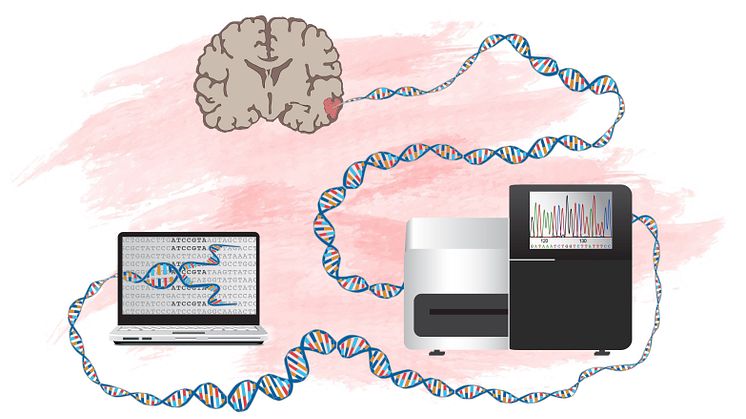Advanced technology sheds new light on evolution of teeth
The evolution of our teeth began among ancient armoured fishes more than 400 million years ago. In the scientific journal Science, an international team led by researchers from Uppsala University presents ground-breaking findings about these earliest jawed vertebrates. Using powerful X-ray imaging, they show that unique fossils found near Prague contain surprisingly modern-looking teeth.





